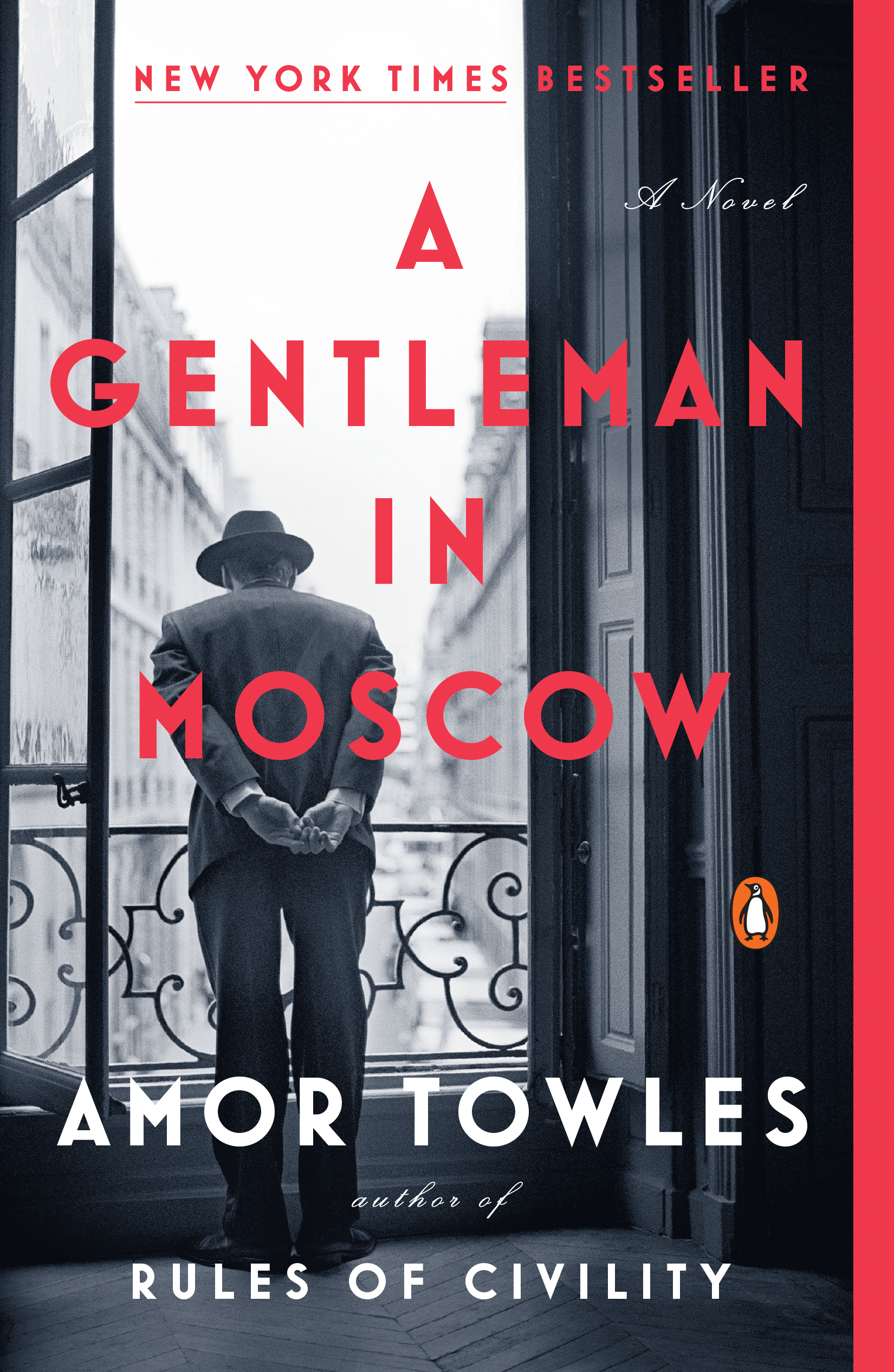
19 Aug 2020

In Amore Towle’s A Gentleman In Moscow, Count Alexander Ilyich Rostov (“recipient of the Order of Saint Andrew, member of the Jockey Club, Master of the Hunt”!), and self-proclaimed gentleman without an occupation, is placed under permanent house arrest in the Hotel Metropol for the crime of being a member of the Leisure Class in a post-Revolution Bolshevik Russia.
Confronted with a lifetime of confinement, Count Rostov might just be the perfect companion for the covid19, shelter-in-place circumstances we all suddenly find ourselves in. For when the Count’s new reality is abruptly thrust upon him, he adopts as his mantra that “if a man does not master his circumstances, he is bound to be mastered by them”. And so as we all settle into our own new normal, it is with satisfying release that we can look to the Count for guidance on how we might set about mastering it:
Like Robinson Crusoe stranded on the Isle of Despair, the Count would maintain his resolve by committing to the business of practicalities. Having dispensed with dreams of quick discovery, the world’s Crusoes seek shelter and a source of fresh water; they teach themselves to make fire from flint; they study their island’s topography, its climate, its flora and fauna, all the while keeping their eyes trained for sails on the horizon and footprints in the sand.
Initially, these practicalities manifest in the form of little luxuries, like procuring four bars of the Count’s favorite soap and arranging for the delivery of “a light blue box with a single mille-feuille” from Fillipov’s, the Count’s favorite bakery. The first half of the book or so is dedicated to the Count reestablishing the trappings of his Leisure life within the confines of the Metropol hotel, and I think the sheltered-in-place reader could certainly luxuriate in all these small delights and even have fun adopting them at home: finding the perfect wine to pair with some homemade Latvian Stew (a dish that features prominently in a pivotal scene at the hotel’s world-renowned restaurant, the Boyarsky); making the perfect cup of coffee (“The secret is in the grinding — not a minute before you brew.”); and arranging our home furnishings until they are “just so”, as the Count loves to exclaim.
For whatever reason, though, despite being so timely, this didn’t work for me. I slowly and idly read the first half of this book, often putting it down for many weeks. The Count ensures his days are full of delights, but his life is ultimately empty of any purpose, and so too was my reading. I just couldn’t find any point to all the idling. Your experience may differ, depending upon the headspace you are in.
If not for having promised my grandmother that I would read it, I might have abandoned. I am so glad I didn’t. I won’t spoil the plot, but about halfway through the book, something very unexpected and wonderful finds its way into the Count’s life, and imbues him with perhaps the purest purpose of all: caring for others. From this seminal turning point onwards, the Count steadily creates something much richer and more meaningful in his life than any of the conveniences he/we indulged in earlier: crafting lasting friendships and family relationships that are brimming with purpose.
After taking so long to get on a roll reading this book, I find I’m now a little sad that it’s over, because I’ll miss the Count’s cheery disposition and I feel a bit like I’m saying goodbye to an old friend. But even so, I will hold the Count’s lasting values close as we continue into our covid unknown: to give myself permission to be happy (in the large things and in the little things), and to remember that above all, even in these remote times, it is our friends and family that matter most.
Just so.